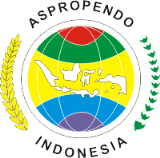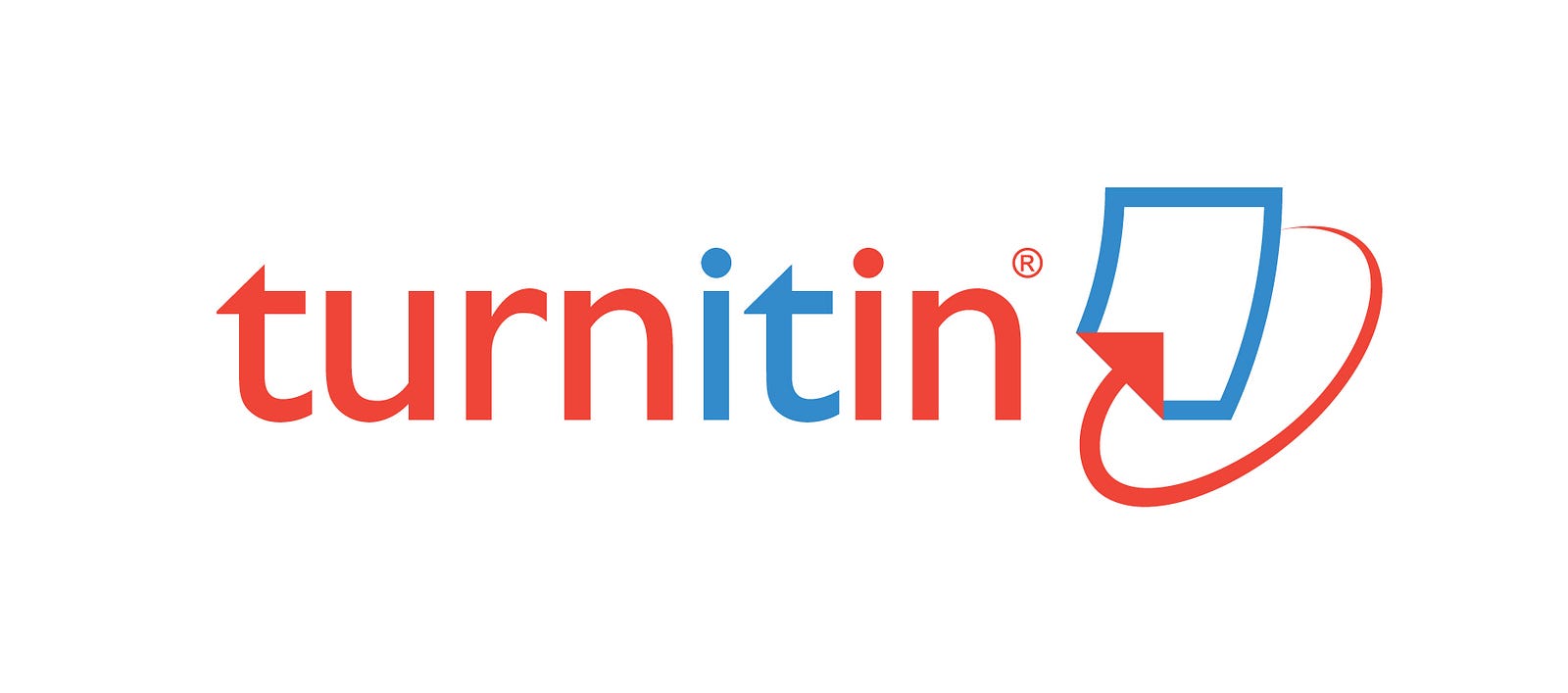FAKTOR DETERMINAN MINAT BERWIRAUSAHA MAHASISWA (EVALUASI PEMBELAJARAN KEWIRAUSAHAAN DI PERGURUAN TINGGI PERIKANAN DAN KELAUTAN)
Abstract
Entrepreneurship learning in higher education has a strategic role in developing students' interest in entrepreneurship. This study aims to determine the determinant factors of student interest in entrepreneurship as an evaluation material for entrepreneurship learning, especially in fisheries and marine colleges. This study uses a quantitative approach through descriptive correlational methods. The number of respondents was 110 students of the College Marine Technology of Balik Diwa Makassar. The data were collected through a questionnaire instrument using a Likert scale and analyzed using multiple regression analysis. The results showed that 43.6% of students' interest in entrepreneurship was simultaneously influenced by factors of income expectations (X1), family support (X2), and entrepreneurial learning (X3). The regression equation for student interest in entrepreneurship is Y = 1.112 + 0.302X1 + 0.736X2 + 0.284X3. Income expectations and family support as well as entrepreneurial learning together influence respondents' interest in entrepreneurship (P <0.05). Entrepreneurship learning provided the lowest contribution to student entrepreneurial interest. Learning methods and facilities need special attention in increasing student entrepreneurial interest. These entrepreneurial learning methods and facilities must be able to develop entrepreneurial spirit and activities based on family environment activities supported by science and technology.
Keywords: entrepreneurship learning, family environment, fisheries and marine, income expectations, interest in entrepreneurship
Full Text:
PDF (Bahasa Indonesia)References
Alma, B. (2016). Kewirausahaan untuk mahasiswa dan umum. Bandung: CV. Alfabeta.
Abraha, B., Admassu, H., & Mahmud, A. (2018). Effect of processing methods on nutritional and physico-chemical composition of fish: A review. MOJ Food Process Technol, 6(4), 376-382.
Aprilianty, E. (2012). Pengaruh kepribadian wirausaha, pengetahuan kewirausahaan, dan lingkungan terhadap minat berwirausaha siswa SMK. Jurnal Pendidikan Vokasi, 2(3), 311-324.
Aryaningtyas, A.T., & Palupiningtyas, D. (2017). Pengaruh pendidikan kewirausahaan dan dukungan akademik terhadap niat kewirausahaan mahasiswa (Studi pada mahasiswa STIEPARI Semarang). Jurnal Ilmiah Manajemen dan Bisnis, 18(2), 140-152.
Azzam, H. (2016). Pengaruh ekspektasi pendapatan, lingkungan keluarga dan pendidikan kewirausahaan terhadap minat mahasiswa akuntansi untuk berwirausaha (Studi kasus pada mahasiswa akuntansi Unismuh Jember). Jurnal Fakultas Ekonomi Universitas Muhammadiyah Jember, 1-12.
Azwar, S. (2012). Penyusunan skala psikologi. Yogyakarta: Pustaka Pelajar.
Djaali. (2012). Psikologi pendidikan. Jakarta: Bumi Aksara.
Fahmi, R., & Amanda, T. (2017). Pengaruh pembelajaran kewira-usahaan terhadap minat berwirausaha mahasiswa. Jurnal Ekonomi dan Bisnis Islam, 2(1), 33-42.
Hantoro, S. (2005). Kiat sukses berwirausaha. Yogyakarta: Adicita Karya Nusa.
Hisrich, R. D., Peters, M. P., & Shepherd, D. A. (2005). Entrepreneurship (6th ed). New York: The McGraw-Hill Companies Inc.
Indarti, N., & Rostiani, R. (2008). Intensi kewirausahaan mahasiswa: Studi perbandingan antara Indonesia, Jepang, dan Norwegia. Jurnal Ekonomika dan Bisnis Indonesia, 23(4), 1-26.
Jati, W.R. (2015). Bonus demografi sebagai mesin pertumbuhan ekonomi: Jendela peluang atau jendela bencana di Indonesia?. Populasi, 23(1), 1-19.
Maryati, S. (2015). Dinamika pengangguran terdidik: Tantangan menuju bonus demografi di Indonesia. Journal of Economic and Economic Learning, 3(2), 124–136.
Kasmir. (2013). Kewirausahaan. Jakarta: Rajawali Pers.
Listiawati, M., Dyah C.S.I., & Susantiningrum. (2020). Pengaruh pembelajaran kewirausahaan dan pemanfaatan media sosial terhadap minat berwirausaha mahasiswa FKIP UNS. Jurnal Kewirausahaan dan Bisnis, 25(1), 27-36.
Nagarajarao, R. C. (2016). Recent advances in processing and packaging of fishery products: A review. Aquatic Procedia, 7, 201-213.
Permatasari, A., & Agustina, A. (2018). Entrepreneurial behaviour among undergraduate business, social and engineering students: A case of private Indonesian University. Jurnal Manajemen Indonesia, 18(2), 94-110.
Pihie, Z. A. L. (2009). Entrepreneurship as a career choice: An analysis of entrepreneurial self-efficacy and intention of University Students. European Journal of Social Sciences, 9(2).
Pujiastuti, Y., & Filantrovi, E. W. (2018). Gambaran minat kewirausahaan mahasiswa (Studi terhadap mahasiswa STIE Bank BPD Jateng). Jurnal Manajemen, 15(2), 169-180.
Riyanti, B. (2003). Kewirausahaan dari sudut pandang psikologi kepribadian. Jakarta: Gramedia.
Suarjana, A. A. G. M., & Wahyuni, L. M. (2017). Faktor penentu minat berwirausaha mahasiswa (Suatu evaluasi pembelajaran). Jurnal Kewirausahaan dan Bisnis, 13(1), 11-22.
Sugiyono. (2011). Metode penelitian kuantitatif kualitatif dan R&D. Bandung: Alfabeta.
Sutanto, A. (2002). Kewiraswastaan. Jakarta: Ghalia Indonesia.
Syah, M. (2011). Psikologi belajar. Jakarta: Rajawali Pers.
U’rfillah, U., & Muflikhati, I. (2017). Motivasi berwirausaha, manajemen waktu, manajemen keuangan, dan prestasi akademik pada mahasiswa wirausaha. Jur. Ilm. Kel. & Kons. 10(1), 71-82.
Utami, C.W. (2017). Attitude subjective norm, perceived behaviour, entrepreneurship learning and self efficacy toward entrepreneurial intention university student in Indonesia. European Research Studies Journal (ERSJ), 20(2A), 475-495.
Walgito, B. (2004). Pengantar psikologi umum. Yogyakarta: Andi Offset.
Zimmerer, T.W., Scarborough, N.M., & Wilson, D. (2002). Essentials of entrepreneurship and small business management. New Jersey: Prentice-Hall.













